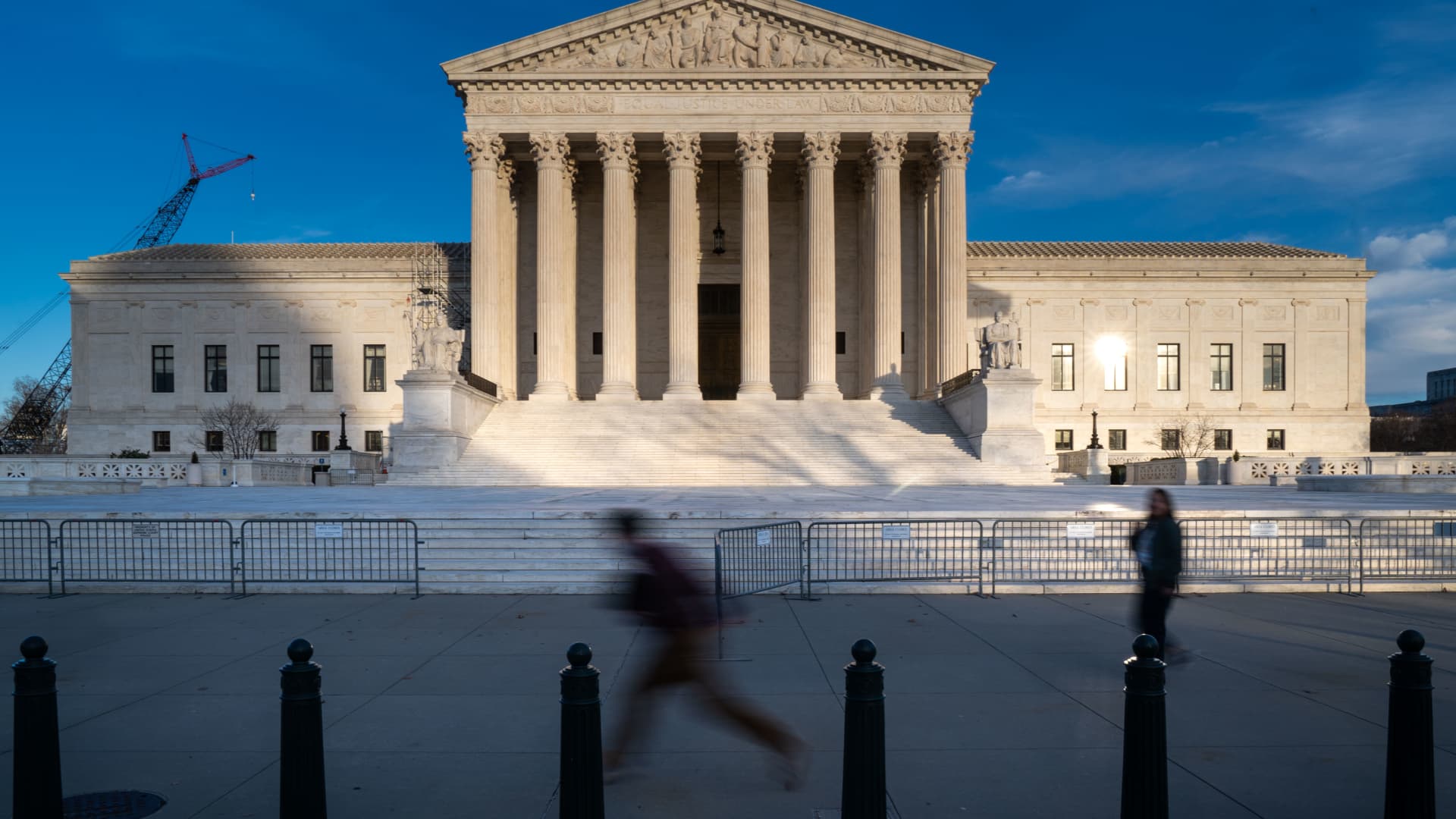The Supreme Court ruled Wednesday that an offshore oil rig worker who earned more than $200,000 annually — and whose company classified him as a “bona fide executive” — is entitled to overtime pay for having worked more than 40 hours per week.
A lawyer for Helix Energy Solutions Group had argued in October that the worker, Michael Hewitt, was not entitled to overtime under the Fair Labor Standards Act, despite the fact that he regularly worked 84 hours per week on the rigs.
“This decision could result in an enormous windfall for workers in a variety of occupations,” said Lou Pechman, a New York City employment attorney who has handled more than 300 cases involving the FLSA, but who was not involved in this case.
“The Supreme Court has sent a message to all workers paid on a day rate basis that they are entitled to overtime after 40 hours of work,” Pechman said.
In a 6-3 ruling Wednesday, the Supreme Court noted the case hinged on the issue of whether Hewitt, whose job is called tool pusher, was paid on a salary basis.
The majority opinion, written by Justice Elena Kagan, noted that Hewitt’s biweekly paycheck amounted to his daily pay rate multiplied by the number of days he worked in the pay period.
“The question here is whether a high-earning employee is compensated on a ‘salary basis’ when his paycheck is based solely on a daily rate — so that he receives a certain amount if he works one day in a week, twice as much for two days, three times as much for three, and so on,” wrote Kagan.
“We hold that such an employee is not paid on a salary basis, and thus is entitled to overtime pay,” Kagan wrote.
A federal district court judge who first heard the case agreed with Helix’s view, finding Hewitt was paid on a salary basis and thus was not due overtime pay.
The U.S. 5th Circuit Court of Appeals reversed the decision. It said that Helix Energy’s compensation for Hewitt did not satisfy a special rule of the FLSA that allowed so-called daily-rate workers to be paid on a salary basis.
In its ruling Wednesday, the Supreme Court affirmed the appeals court decision. The majority opinion said that “Hewitt was not an executive exempt from the FLSA’s overtime pay guarantee,” and that “daily-rate workers, of whatever income level, qualify as paid on a salary basis only if the conditions set out in” the special rule are met.
Kagan in her opinion noted that Hewitt’s compensation did not meet the conditions of that special rule, “which focuses on workers whose compensation is ‘computed on an hourly, a daily or a shift basis.'”
Two justices, Brett Kavanaugh and Neil Gorsuch, filed dissenting opinions.
Kavanaugh, in his dissent joined by Justice Samuel Alito, noted that Hewitt had a daily predetermined minimum pay rate of $963 per day. And under federal labor regulations, Kavanaugh added, “an employee who performs executive duties and earns at least $100,000 per year with a ‘predetermined’ weekly salary of at least $455 for any week that he works is a bona fide executive and not entitled overtime.”
“Per those regulations, Hewitt readily qualified as a bona fide executive,” Kavanaugh wrote. “As everyone agrees, Hewitt performed executive duties, earned about $200,000 per year, and received a predetermined salary of at least $963 per week for any week that he worked.”
Gorsuch, in his extremely short, two-page opinion, said he would dismiss the case as having been “improvidently granted” by the Supreme Court.
Gorsuch wrote that the court had allowed Helix to appeal the lower court’s ruling on the expectation that the question to be determined was “which regulations certain well-paid employees must satisfy to fit within the overtime-pay exemption.”
“Unfortunately, this case does not tee up that issue in the way we hoped,” Gorsuch wrote. “With the benefit of briefing and argument, it has become clear that the ‘critical question here’ is not how” two sections of the FLSA interact, he wrote.
The New York lawyer Pechman, who teaches a class on wage theft at Fordham Law School, said, “This case highlights one of the quirks about the FLSA in that sometimes liability is not a result of how much a worker gets paid but rather how he is paid.”
